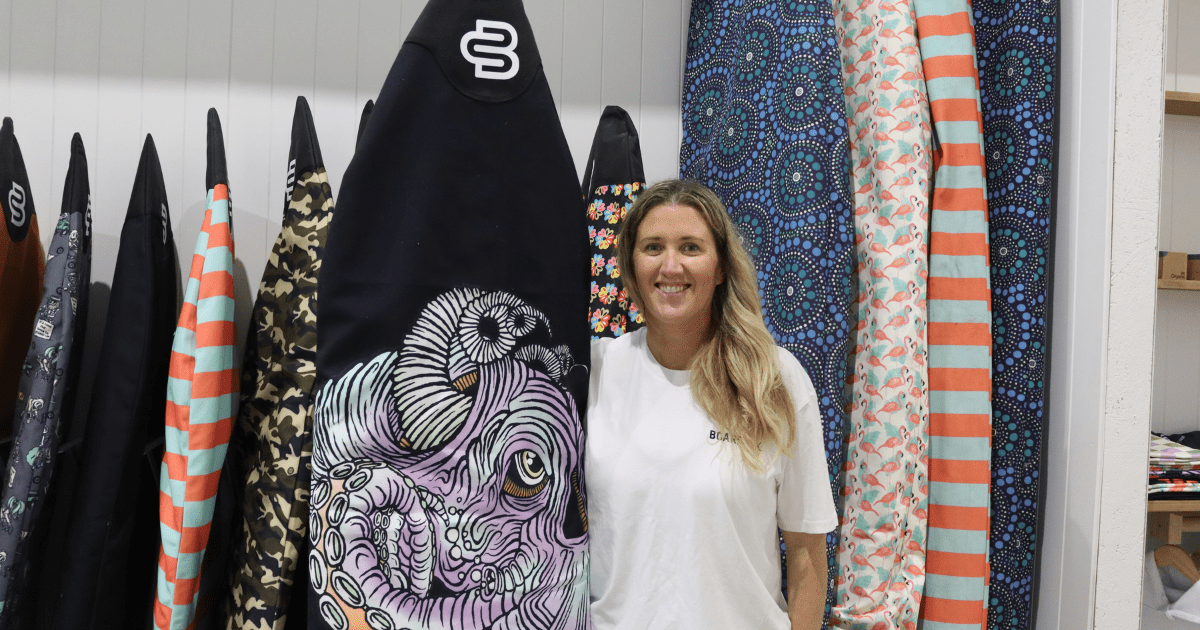Grapevine: Shiraz vs Syrah – what’s the difference?
To start this story, we have to head overseas.
Where the perception of Australian wine is key to the identity of Shiraz, it is synonymous with it.
As a”‘New World” wine country, you have to be doing something very different very well to capture the attention of the international wine drinker.
Whether fortunate or not, the rise of the most famous wine critic in the world, Robert Parker, dragged Australia into the limelight as well.
Favouring full-bodied, robust, hedonistic styles of red wine he stumbled upon Penfolds Grange in the mid-1990s proclaiming it “the leading candidate for the richest, most concentrated dry red table wine on planet earth”. All of a sudden, Aussie winemakers had a road map to fame and fortune: dial up the oak and pick your grapes very ripe.
As this style trickled down to the everyday wines it came to identify Australian wine, and more specifically Shiraz. High alcohol, big bold ripe fruit flavours, pepper and more than a few lashings of glossy new oak vanillin grown in warm climates.
Fashions change, and what was once a good thing is done to death until the last few dollars can be wrung out of it. The turn was particularly vicious for the perception of Australian wine, something we are only just recovering from on the international stage. This is in part because the rest of the world is learning about our cooler climate regions.
Thus is where Syrah comes into the picture. Syrah/Shiraz finds its home in the Northern Rhone Valley of France just south of Lyon, where of course it is known as Syrah. It is the sole grape in wines labelled Cornas, Saint Joseph, Crozes-Hermitage, Hermitage and is sometimes blended with Viognier on Cote Rotie. This is a world away from the oak and fruit bombs of 1990s Australian Shiraz. Here you see the cool climate expression at its pinnacle. Savoury, peppery, meaty and spicy are far more common descriptions.
Why then are you seeing Victorian, Western Australian and even some South Australian wines labelled as Syrah? In a bid to signal to wine drinkers, some Australian producers are now labelling their wines as either Shiraz or Syrah depending on the style they are making. Particularly in the case of Syrah to differentiate themselves from the stereotype of Australian Shiraz, so if you see an Australian Syrah then you can expect it be more medium bodied, savoury, show some more spice and pepper dominance and it likely won’t see much new oak.
Lethbridge ‘Que Syrah’ Syrah 2016 – $28
Not made since 2012, this is one of many wines for which the fruit is sourced outside the Geelong region. The Malakoff vineyard near Landsborough in the Pyrenees is a sought-after address for many small growers around Victoria, primarily for its Nebbiolo and Shiraz. By no means a light wine, it’s medium-to-full bodied with persistent yet fine tannins giving the wine structure and shape. Ripe dark fruits on offer here but instead of becoming sweet and slick it moves towards the savoury spectrum with meats, pepper, mint and some floral notes taking over.


















